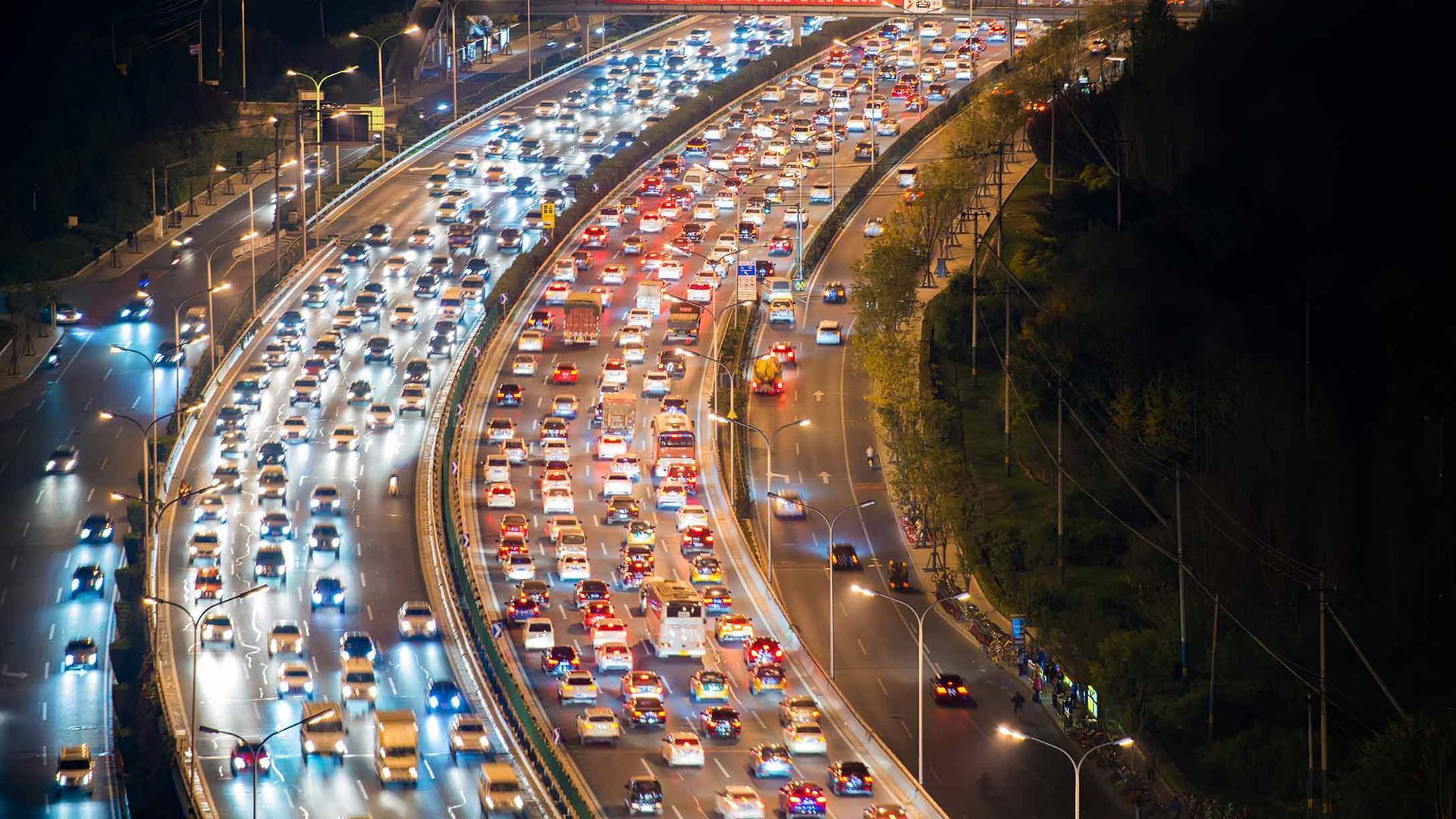The role of governing bodies in advancing sustainable travel for events
Sustainability has become a cornerstone of modern sport, with governing bodies taking increasing responsibility for their environmental impact. UEFA’s recent introduction of sustainability criteria for club competitions has sparked wider conversations about the role of federations, host cities, and event organisers in promoting sustainability. One notable omission that caught our attention and sparked further reflection, was the lack of emphasis and support for clubs on travel emissions, especially for fans.
The missing link: travel’s impact on event sustainability
Transport and travel represent one of the largest contributors to an event’s overall carbon footprint. In football alone, travel emissions account for approximately 80% of the sport’s total footprint, with fans, teams, officials, and media travelling across countries and continents.
Some progress has been made within the sporting events-sphere, as demonstrated by UEFA EURO 2024, where public transport passes were included for ticket holders, and regional hubs were implemented to reduce air travel. These measures led to a 21% reduction in emissions compared with initial forecasts. Similarly, the last three Commonwealth Games have included free public transport for ticket holders, setting a precedent that other major events can follow.
Despite these examples, travel is often overlooked in sustainability strategies, with fan travel classified as a Scope 3 emission, often considered beyond direct control and too challenging to tackle. Governing bodies, host cities, and event organisers can adopt a more proactive approach by setting clear expectations, establishing frameworks, and supporting venues and events within their jurisdictions to prioritise sustainable travel solutions.
Several sporting cases have made progress in advancing sustainable travel frameworks, including:
- World Rugby has begun exploring ways to reduce the carbon impact of their tournaments, with their sustainability strategy directly addressing the travel and operational activities managed by themselves, and developing plans to mitigate fan travel emissions and exploring alternative event engagement methods.
- The English Football League (EFL) has developed a Green Clubs Initiative, which encourages domestic clubs in England to improve environmental practices, including promoting sustainable travel for both fans and teams.
- The International Olympic Committee (IOC) has long recognised fan travel as a critical sustainability concern. Their sustainability strategy requires candidate cities, organising committees, and host cities to develop sustainable transport solutions that maximise public transport and active travel options.
These examples demonstrate how other governing bodies could develop and incorporate travel-related sustainability measures and support into their existing frameworks to develop a more holistic and effective strategy. As sustainable travel offers a range of benefits beyond environmental impact, such as enhancing the fan experience, supporting local communities, and driving economic gains, prioritising strategies to manage travel and its effects is essential.
Expanding the conversation beyond sport
While sport’s governing bodies are beginning to take sustainability, including travel, seriously, the same considerations apply to the arts, culture, and live entertainment sectors. Festivals, concerts, theatre productions, and museum exhibitions attract millions of attendees each year, generating significant travel-related emissions.
To address this, organisations such as art bodies, event promoters, production companies, and venue owners must take responsibility for making audience travel more sustainable. Some have already begun to take action, for example:
- Live Nation has identified eight key areas of sustainability within their strategy, specifically highlighting transport. They have committed to working with venues, event organisers, suppliers, and local authorities to encourage and implement sustainable transport solutions.
- The Events Industry Council, a global federation representing event professionals, promotes high standards and best practices within the sector. They have developed a framework for sustainable events, which includes multiple references to sustainable travel, ranging from integrating it into marketing communications to incentivising greener travel choices and connecting regional events.
A framework for sustainable travel in events
Building on the examples mentioned above, we recommend that ‘lead’ organisations (whether a governing body, host nation/city, venue manager/owner) can help those that plan and deliver the detailed operations by focusing on five key pillars:

Next steps for federations, cities, and event organisers
As highlighted above, considerable progress has been made in integrating sustainability into practices within both the sporting and broader entertainment sectors. However, with transport continuing to be one of the major contributors to carbon emissions in the live events industry, addressing this issue is essential for ensuring the industry's sustainability.
Governing bodies, host cities, and promoters must actively integrate travel considerations into event planning from the outset. By setting standards, providing resources, and recognising progress, they can drive meaningful change across sport, entertainment, and cultural events.
With the growing expectation that sustainability be embedded across all aspects of event management, now is the time for governing bodies to take the lead in making sustainable travel a priority.
For more information on how leadership bodies can incorporate sustainable transport into initiatives, please contact us at hello@intheround.global.
















